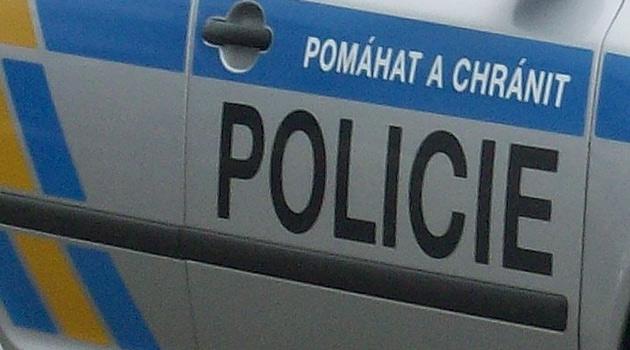Czech Police now agree that "a gallows has no place in a democracy"

Speakers at last week’s anti-immigration demonstration in the center of Prague may have committed a felony. That is the conclusion of the police officers who have studied the documentation materials and speeches given at previous assemblies of a similar nature.
Jozef Bocán, spokesperson for the Czech Police Presidium, informed the Czech News Agency of the police conclusions yesterday. Czech Interior Minister Milan Chovanec (Czech Social Democratic Party) said officers are now investigating two speakers.
The police are facing criticism for not intervening against people who brought mock-ups of a gallows to the demonstration. The Internal Affairs Department is reviewing the police procedure taken toward the event as a whole, which included counter-protesters.
The results of that review should be known next week. Chovanec wants to know how Internal Affairs analyzes the police’s procedure and said he believes displays of racism and xenophobia such as those involved in last week’s demonstration cannot be tolerated.
The Interior Ministry believes the police could have asked the people carrying the gallows for their identification and even had the option of removing them from the demonstration. "After reviewing the footage from the scene, I have to agree with the Minister that such displays have no place in a democratic society," said Czech Police President Tomáš Tuhý today.
Tuhý said detectives documented the assembly and reached their conclusions several days after the demonstration took place. "That might be, in some cases, the more tactical approach to take," he said.
As of today the Prague Police are reviewing whether some of the speakers at the demonstration committed the felonies of defamation of a nation or race or making threats aimed at influencing a public body. "Police are evaluating the speeches made by two people as possibly having broken the law," Chovanec told journalists in the lower house.
The minister did not say which speakers specifically are being investigated. At the demonstration, which was held at the bottom of Wenceslas Square, speakers included the journalist Adam B. Bartoš, the singer Aleš Brichta, and Tomio Okamura of the "Freedom and Direct Democracy" movement.
They called for closing the Czech Republic’s borders, withdrawing from the European Union, and for the current Government to resign. "In this situation, where our national security is under such threat, carrying mock-ups of a gallows is an absolutely appropriate expression of our disagreement with the Government – on the contrary, the public is behaving very mildly," Bartoš said in a press release.
After being criticized, police commissioned an analysis from their Legislative Analysis Department of how the mock-ups of a gallows should be viewed legally. Police believe this is a new element in domestic protest assemblies.
Bocán says the analysis found that when it comes to the limits of freedom of assembly and speech, the kinds of assembly and speech that are illegal are not sufficiently clearly established in Czech law. Representatives of local authorities also supervise demonstrations along with police and have the power to disperse them.
Usually experts or the state prosecutor are also present during assemblies to evaluate whether any criminal liability is arising. The illegality of any behavior must be evaluated by all of these units of government.
Police officers during last week’s demonstration intervened only against activists who attempted to block the anti-immigrant march toward the Office of the Government by sitting on the sidewalk. Three people were taken to the police station for their civil disobedience.
A fourth person was arrested, allegedly for assaulting officers intervening against other detainees. Counter-protester Michal Uhl described police brutality being committed during the arrests.
According to Chovanec, the police leadership have sent an outline for a new methodology on policing assemblies to their regional directorates and the Government is debating tightening the legislation. He emphasized that the result of the investigation into the police intervention against the counter-protesters should lead to similar situations not repeating in future.
"I don’t want to point the finger at any cost at this or that individual who failed. What I want is for this not to be repeated," the Interior Minister said.
Chovanec said some people in the Czech Republic are exploiting "painful" topics through public assemblies. In his view, the police approach to demonstrations must change.